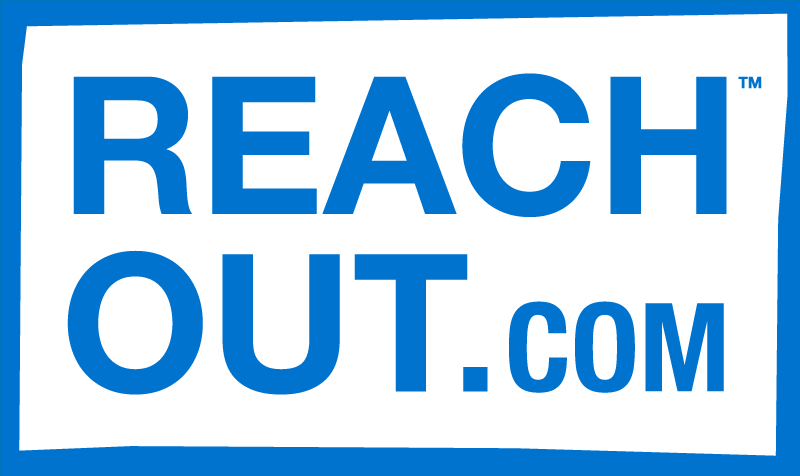Solar Power
Posted by: Hilary
8th Dec 2012 02:47pm
I can't quite get my head around this. If anyone can explain it better I'd appreciate it and any thoughts and opinions. From what I've read people who have solar power sell back power into the grid and the people who don't have solar power pay for this. This gives an impression that poor people are getting penalized and helping people with more money. Who should pay for this power that is being sold?
You must be a member to reply to this chat topic. Click here to sign in.
Help Caféstudy members by responding to their questions, or ask your own in Café Chat, and you will get the chance of earning extra rewards. Caféstudy will match these and donate equally to our two chosen Australian charities.

Australian Marine Conservation Society are an independent charity, staffed by a committed group of scientists, educators and passionate advocates who have defended Australia’s oceans for over 50 years.
ReachOut is the most accessed online mental health service for young people and their parents in Australia. Their trusted self-help information, peer-support program and referral tools save lives by helping young people be well and stay well. The information they offer parents makes it easier for them to help their teenagers, too.


Comments 4
baz2026
The idea that somehow other consumers have to pay as a result of solar panel use is nonsense. This has been put around by a range of vested interests. The more we can generate from solar the better.
Also - be aware if you are receiving a feed-in tariff in NSW:
I received my bill yesterday from Origin who just though to mention that, since 1 July 2012, they had reduced the feed in tariff by 6c for some spurious reasons. Of course, they didn't choose to communicate this at the time, but rather wait six months to tell me!! I will definitely be shopping around for a new electricity supplier, what a joke!!
Gerry1945
Such a useless Government solar panels help on hot days as they put power back into the grid making it less likely for brown outs etc. However the Govt in their wisdom seem to think spending billions on new generation plants is more efficient...... NOT.
martyx
People with solar power may be selling power back in to the grid, depending upon the output of their solar array and their power consumption during sunlight hours.
People without solar power pay for their power at the same rate as solar power people whose system will not work at night.
It's not really the case that the poor are subsidising the so called rich, especially considering the initial costs of having solar installed. True, that it's property owners who are most likely to adopt solar power. Hope this clarifies the situation.
flippe
I got in early and have a 1.5 KWH system. My electricity billing structure changed when I got the solar system connected. The current day (or peak) rate increased to 29.7 cents per kwh and my off-peak costs went to 13.86 cents per kwh. My return from exported electricity is 70.4 cents per kwh. The range of exports has been up to 9 kwh per day in summer (average for summer is about 7 kwh per day) to 1 kwh per day in winter.
Perhaps the major aspect is generating electricity for my needs during the day along with advice from the supplier to use high demand appliances during off peak times - washing machine and (non-existent) dishwasher.
It was not a case of being rich (which I am not) - more a case of choice to invest in the solar power generation option.
The returns to householders in Victoria is not nearly as financially attractive as it was, however, there is still the day time generation aspect as well as the (slight) return for exported energy.